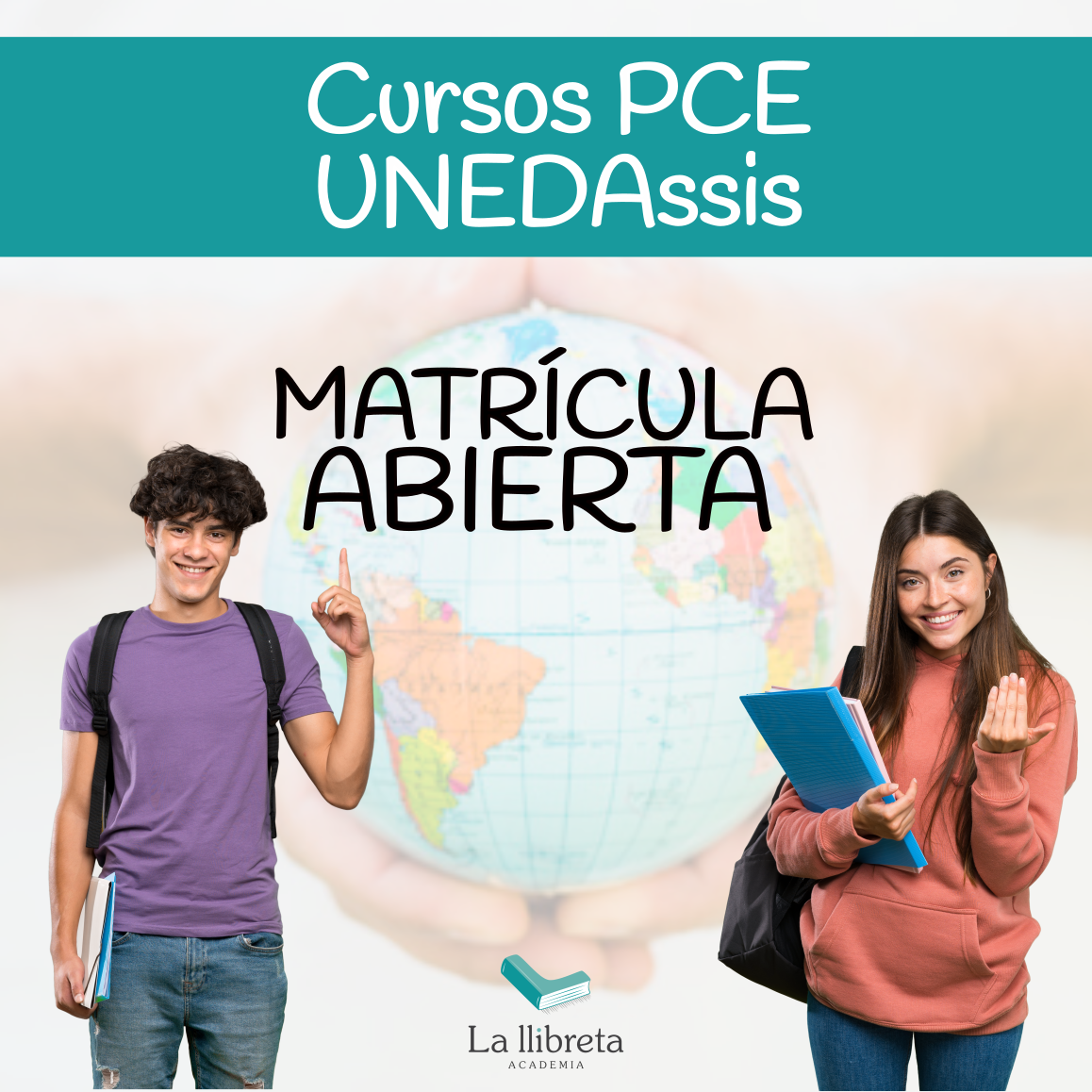Get Your TIE in Spain
Your Guide to Legal Residency
Are you an international student looking to study in Spain for more than 6 months?
Then you’ll need to obtain a the “Tarjeta de Identificación de Extranjeros (TIE)” to legally reside in the country. In this guide, we’ll walk you through how to apply for your TIE, explain the differences between TIE and NIE, and let you know who is eligible to apply. Plus, we offer expert guidance and support to help you navigate the process and focus on your studies. Keep reading to learn more!
What is the “TIE”?
The TIE is the Foreign Identity Card that allows you to legally live in Spain. In the same way that Spanish citizens must have a document that identifies them (DNI), associated with a number, foreigners must have this document, which will also have a number associated with it (the NIE).
This card contains your personal details, picture, and NIE number.
What is the difference between the NIE and the TIE?
- The NIE is the number, and the TIE is the card.
- The NIE does not grant any rights or duties, it only identifies you to the public administration.
- The TIE does give you rights and duties. The most obvious right is the right to enter and leave the Schengen Area without the need for visas or return authorizations.
- The NIE is given automatically when a foreign person starts administrative procedures. However, to obtain the TIE, a residence permit must be granted initially.
- The NIE does not have an expiry date, whereas the TIE does, and can be withdrawn in case of non-compliance with the law, whereas the NIE would remain in place.
Although the TIE has the NIE number associated with it, these documents are different and the fact that a person has the NIE number does not mean that he/she has the TIE. However, to apply for the TIE, it is necessary to have the NIE beforehand.
Who can apply for the TIE?
Non-EU foreign nationals (not belonging to an EU member state) who have the authorization to reside legally in Spain for a period of more than 6 months, for example, a student visa. If you are going to study in “ La llibreta” we will provide you with the necessary documentation to apply for the visa.
How to apply for the TIE?
We recommend that you start all the procedures before your arrival in Spain. We have a team of advisors who can take care of the whole process, contact us if that is what you need. In case you prefer to manage it yourself, we tell you how:
- Make an appointment for the application through the Government of Spain’s electronic office.
- Go in person to the aliens’ office or, failing that, to a nearby police station.
- You will be able to apply for it from the moment the residence permit has been granted or up to one month after you have entered Spain.
- If you are a minor, you must be accompanied by your legal representative.
What documentation do I have to present?
- Original form and copy of th Ex-17 application form completed and signed.
- Passport (copy and original) or travel document.
- Proof of payment of the corresponding fee (Form 790, code 012). You can download it here.
- A recent photo in color with a white background and passport size.
- Report of theft, loss, or damaged card if applicable.
See official information here.
Important
Any change that affects the information shown on the TIE must be notified within one month. You must go to the corresponding Aliens Office. If there has been a change of address, you must present the updated census registration form or certificate less than three months old from the date of issue (original and copy).
Do you need us to handle it for you?
If you require assistance with all the legal procedures for studying in Spain, we can handle it for you. Contact us and we’ll assist you. Visit our page Administrative formalities REQUIRED to study in Spain to see our prices
You may also be interested in:
Student Apartment and Residence Rentals in Valencia: Top Websites and Options
Student Apartment and Residence Rentals in Valencia: Top Websites and OptionsFinding suitable accommodation can be a challenge for university students, especially in a city like Valencia where rental prices can be high if you don't know where to look properly....
Getting Around Valencia as a Student
Getting Around Valencia as a StudentValencia boasts a comprehensive and efficient public transportation system for getting around the city, which includes everything from the metro and buses to the tram and Valenbisi. Additionally, there's the option of moving around...
Understand and make the most of the weighting tables of Spanish universities. Course 2023-2024
This article provides a detailed guide on the weighting tables of Spanish universities to help you maximize your admission score. It explains concepts like admission score, cutoff score, and how they relate to weighting tables. Additionally, it provides direct and up-to-date links to the weighting tables for the 2023-2024 school year, organized by autonomous communities. Understanding how these tables work will help you efficiently choose the subjects for the entrance exams and maximize your admission score.
UNEDASISS PCE Grade Calculator: Calculate Your Admission Score and Cutoff Score
UNEDASISS PCE Grade Calculator Your guide to knowing what score you need to achieve in your university entrance exams to access the degree program you want.University Entrance Exam (PAU)Specific Competency Exams (PCE)PAU +25PAGSHey! Are you ready to embark on your...
Essential Guide to Studying a Degree in Spain: Key Tips and Considerations
Guide to Studying in Spain: Discover How to Choose Your Degree, Prepare for University, and Manage the Duration and Costs of Your Studies.
Obtain Your Student Visa for Spain: A Comprehensive Guide
Empower Your Academic Future: Secure Your Student Visa for Spain with the Expert Guide from Academia La Llibreta



Hi am trying to get my Spanish id , I DID GET my NIE WHICH IS CALLED NIF ON THE FORM . JUST TRYING TO GET APPOINTMENT AT POLICE STATION ,